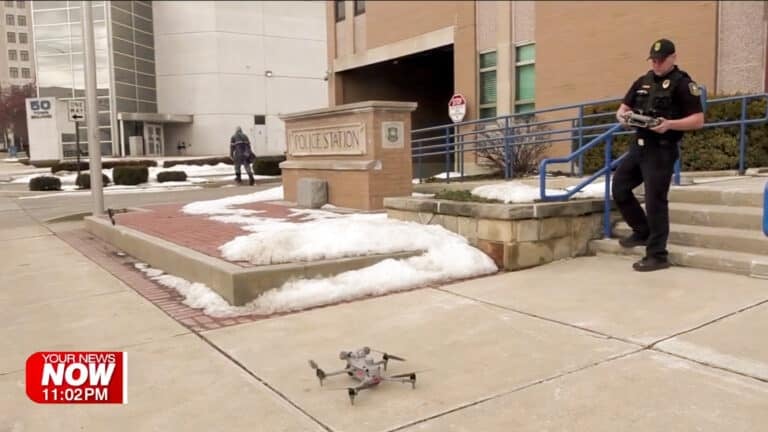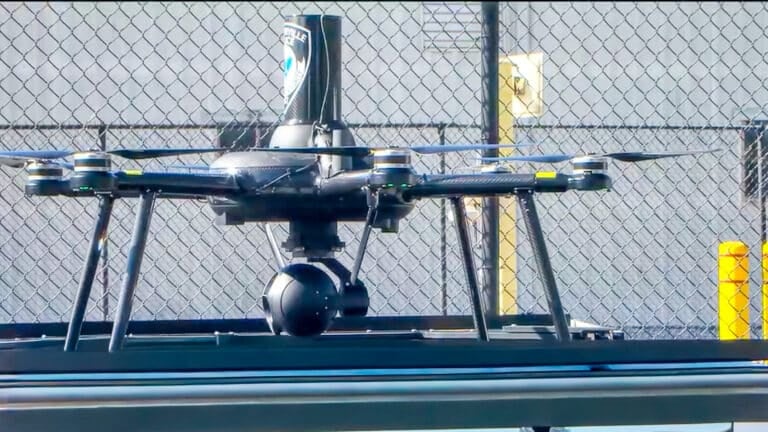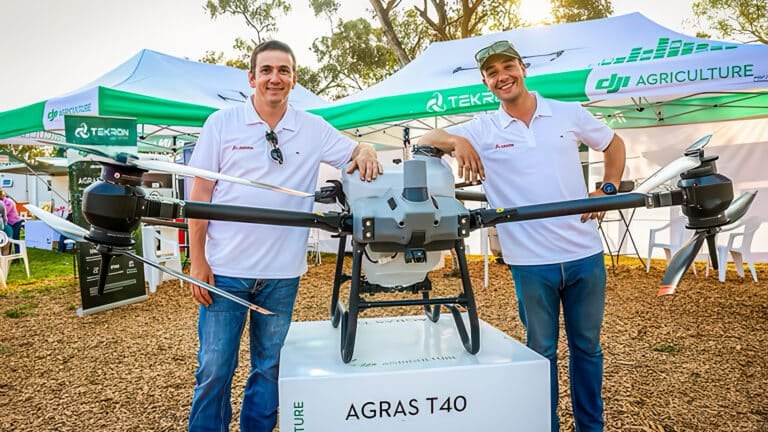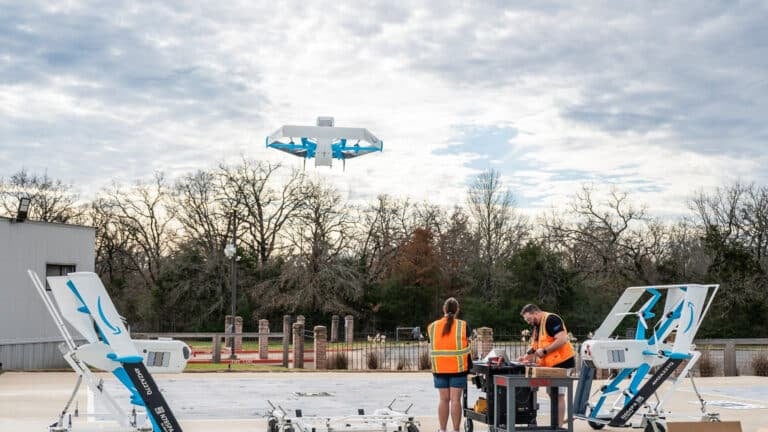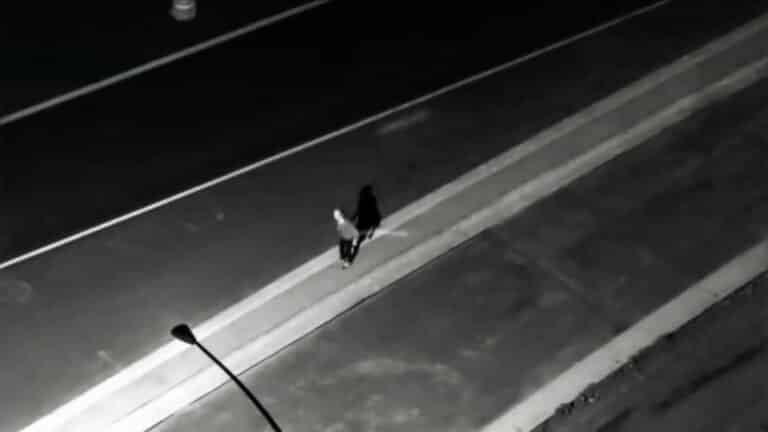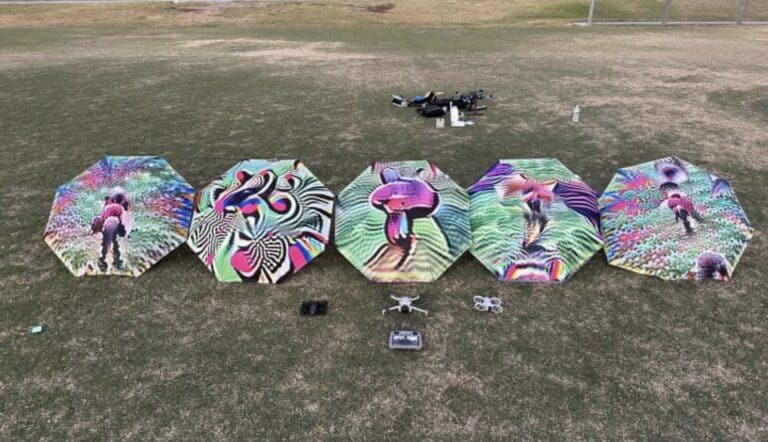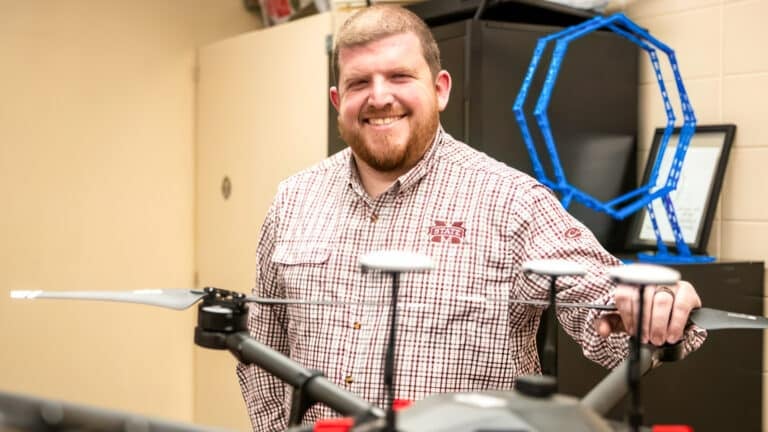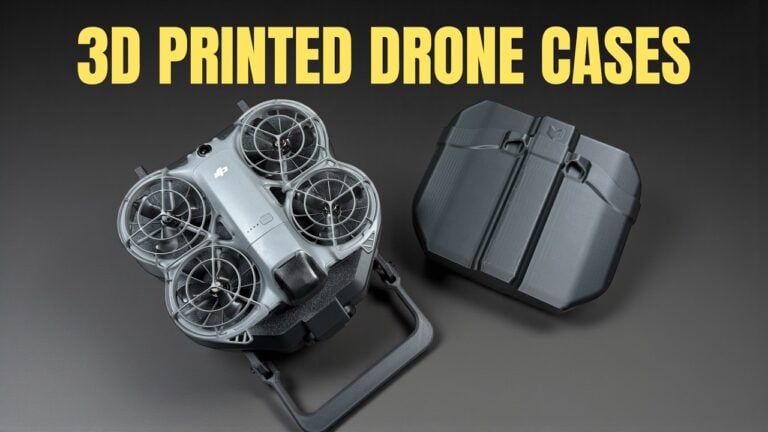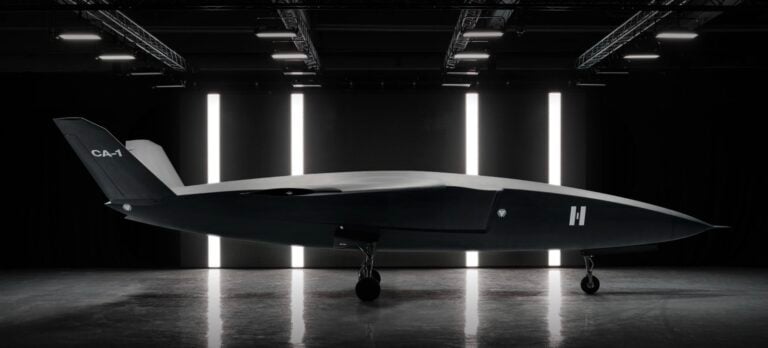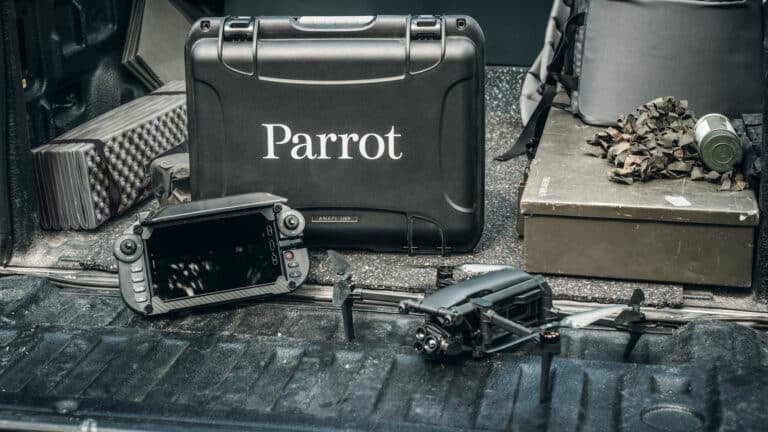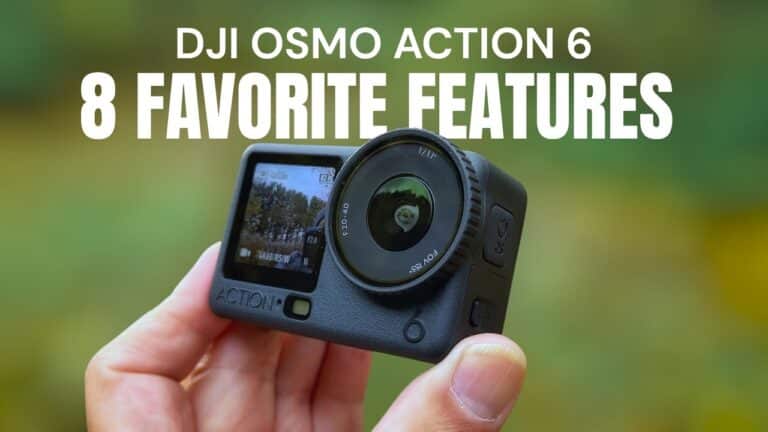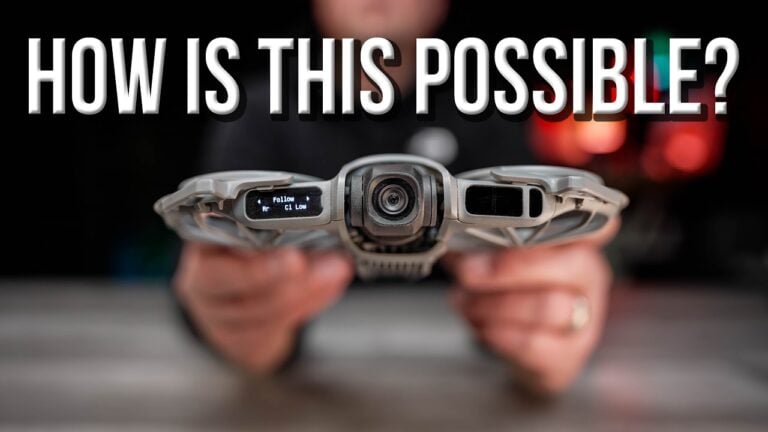Drones Prove Vital in Locating Missing American Hiker’s Body in Pyrenees
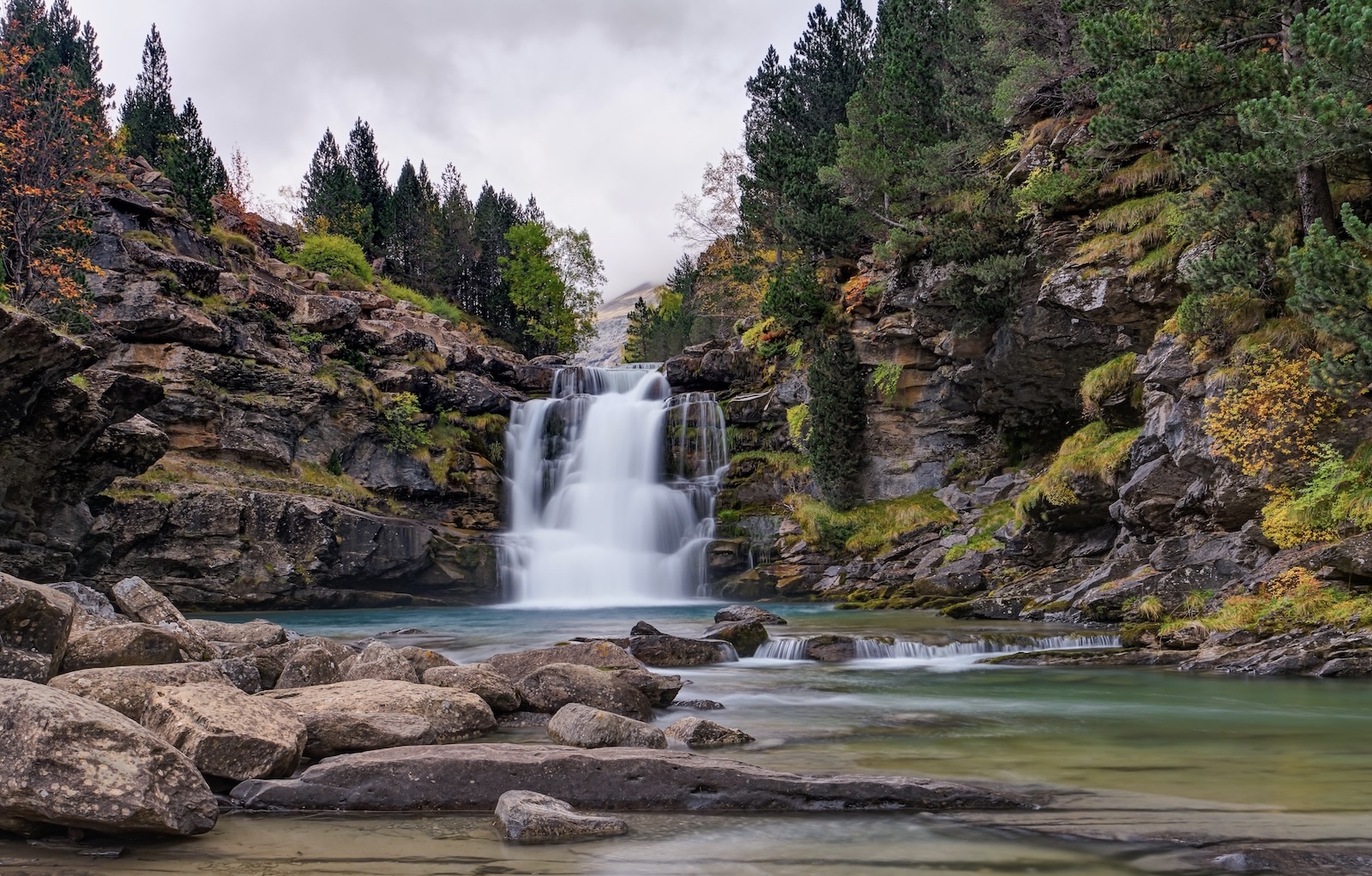
Check out the Best Deals on Amazon for DJI Drones today!
Rescuers in Spain have located the body of Cole Henderson, a 27-year-old American hiker missing since early July, with drones playing a central role in scanning the rugged terrain of Monte Perdido. This discovery underscores the growing importance of unmanned aerial vehicles in search and rescue operations, enabling access to areas too hazardous for ground teams, reports The NY Times.
Search Efforts Highlight Drone Capabilities in Challenging Terrain
The search for Henderson began on July 14, 2025, after he failed to return from a solo hike in Ordesa y Monte Perdido National Park, a region known for its steep canyons and peaks along Spain’s border with France. Authorities deployed a range of resources, including helicopters, ground teams, canine units, and drones to cover the difficult landscape. Drones, in particular, scanned the inaccessible northern face of Monte Perdido, where visibility and footing pose significant risks to human rescuers.
This operation focused on routes between the town of Torla, where Henderson parked his car, and potential paths toward the Refugio de Pineta mountain hut. The trail is rated as somewhat difficult, often requiring mountaineering gear like ice axes or crampons, especially under adverse conditions. Severe weather, including rain and thunder on July 10, complicated matters, as other hikers rerouted to avoid dangers.
Drones provided a key advantage by offering aerial views of the 11,000-foot summit area without endangering personnel. Their use allowed for efficient surveying of vast, uneven expanses, demonstrating how such technology can reduce search times in remote wilderness settings.
Discovery and Recovery Operation
On August 8, 2025, rescue teams found Henderson’s body approximately 200 meters (more than 650 feet) down the north face of Monte Perdido, near Bielsa, in an area described as difficult to access. The Guardia Civil, Spain’s police force, reported no signs compatible with life, indicating a fatal fall. Recovery required a crane to airlift the remains, highlighting the terrain’s inaccessibility even after detection.
Spanish police confirmed Henderson’s identity and notified his family on August 12, 2025. The body was located via drone search, building on weeks of efforts that integrated unmanned systems with traditional methods. This raises questions about how drone integration could standardize protocols for similar incidents, potentially saving resources and lives in future operations.
Implications for Drone Use in Search and Rescue
Henderson’s case illustrates broader trends in search and rescue, where drones are increasingly relied upon for their ability to navigate hazardous environments. In rugged mountains like the Pyrenees, these devices capture high-resolution imagery and thermal data, aiding in the detection of individuals in low-visibility conditions. Operational benefits include faster response times and reduced risk to rescuers, as drones can hover over cliffs or canyons that would otherwise demand specialized climbing teams.
Economically, incorporating drones can lower costs associated with prolonged helicopter deployments, though initial investments in equipment and training remain factors. Regulatory shifts may follow, with agencies like the Guardia Civil potentially expanding drone certifications for emergency use, aligning with international standards for unmanned aircraft in civilian airspace.
This incident also emphasizes the dangers of solo hiking in unpredictable weather, even for experienced individuals like Henderson, an avid backpacker with a history of outdoor adventures. Friends described him as having a “can-do mentality” and someone who “very much cared about bringing people together.”
As drone technology advances, cases like this could drive further adoption in national parks worldwide, enhancing safety for recreational users. Professionals in the drone sector might see opportunities in specialized SAR models, equipped with longer flight times and AI-driven analytics for pattern recognition in terrain scans. Building on that, enthusiasts could benefit from consumer-grade drones adapted for personal emergency kits, though adherence to local flight regulations remains essential.
Henderson, originally from Delaware and recently based in Amsterdam, worked in AI for renewable energy firms after graduating from Rhodes College in 2020. His tragic outcome serves as a reminder of nature’s risks, while showcasing how drones bridge gaps in human capabilities during crises.
You can read more Drones for Good stories on DroneXL.
Photos courtesy of Wikipedia / Wikimedia Commons
Discover more from DroneXL.co
Subscribe to get the latest posts sent to your email.
Check out our Classic Line of T-Shirts, Polos, Hoodies and more in our new store today!

MAKE YOUR VOICE HEARD
Proposed legislation threatens your ability to use drones for fun, work, and safety. The Drone Advocacy Alliance is fighting to ensure your voice is heard in these critical policy discussions.Join us and tell your elected officials to protect your right to fly.
Get your Part 107 Certificate
Pass the Part 107 test and take to the skies with the Pilot Institute. We have helped thousands of people become airplane and commercial drone pilots. Our courses are designed by industry experts to help you pass FAA tests and achieve your dreams.

Copyright © DroneXL.co 2026. All rights reserved. The content, images, and intellectual property on this website are protected by copyright law. Reproduction or distribution of any material without prior written permission from DroneXL.co is strictly prohibited. For permissions and inquiries, please contact us first. DroneXL.co is a proud partner of the Drone Advocacy Alliance. Be sure to check out DroneXL's sister site, EVXL.co, for all the latest news on electric vehicles.
FTC: DroneXL.co is an Amazon Associate and uses affiliate links that can generate income from qualifying purchases. We do not sell, share, rent out, or spam your email.




